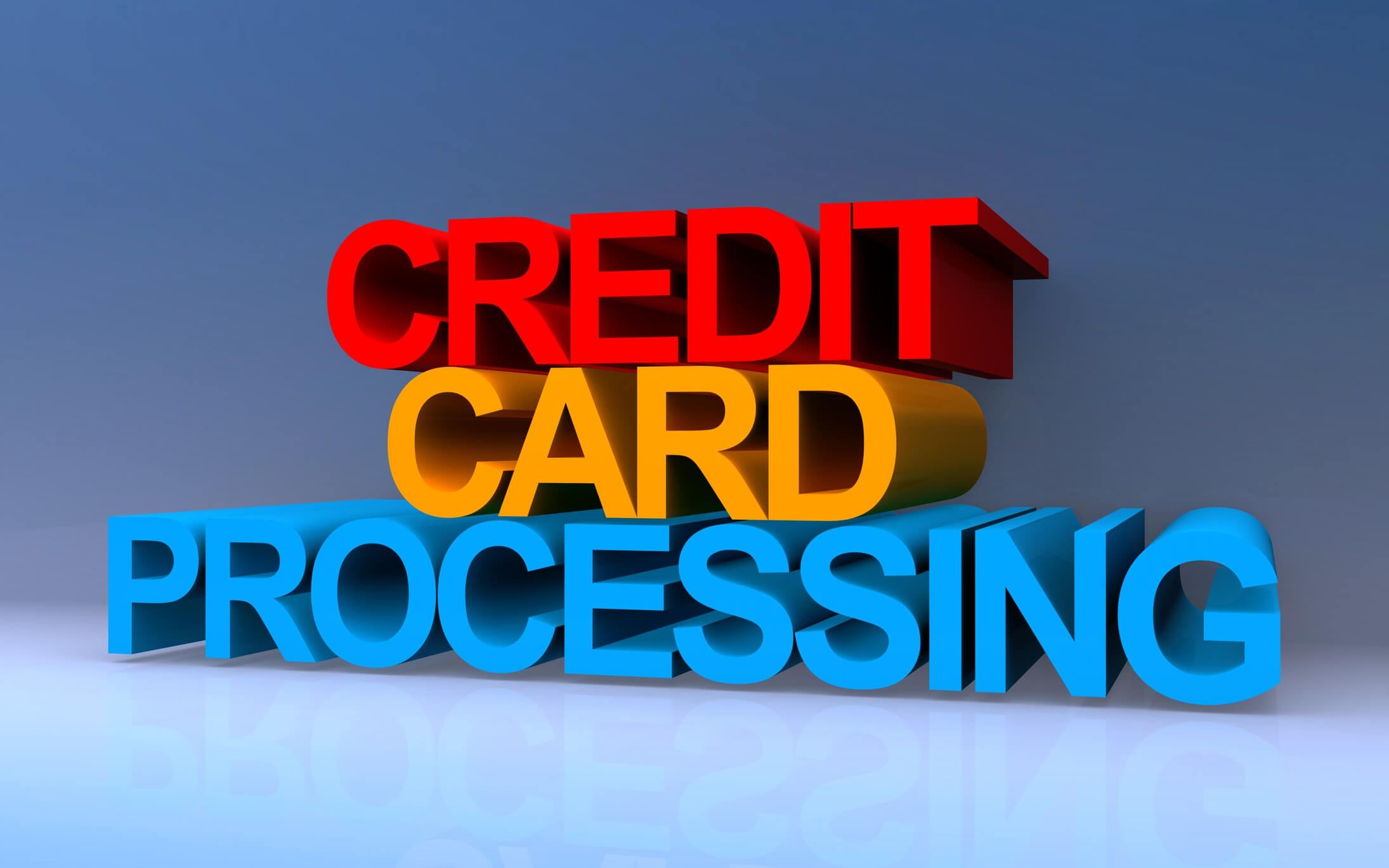
By alphacardprocess April 2, 2024
Credit card processing rates are a critical consideration for construction businesses in 2024. With the increasing reliance on electronic payments, it is essential for construction businesses to secure the cheapest credit card processing rates to maximize profitability. This article will explore the importance of credit card processing rates for construction businesses, the factors that affect these rates, strategies to negotiate lower rates, and tips for reducing credit card processing fees.
Understanding the Importance of Credit Card Processing Rates for Construction Businesses

Credit card processing rates directly impact the bottom line of construction businesses. These rates refer to the fees charged by payment processors for processing credit card transactions. Higher rates can significantly eat into a construction business’s profits, making it crucial to secure the cheapest rates possible.
In 2024, the construction industry is expected to see a surge in electronic payments, driven by the increasing adoption of mobile payment solutions and the convenience they offer. With more customers opting to pay with credit cards, construction businesses must understand the importance of credit card processing rates and take steps to minimize these costs.
Why credit card processing rates matter for construction businesses
Credit card processing rates play a significant role in the financial health of construction businesses. With the majority of customers preferring to pay with credit cards, it is essential for construction companies to accept these forms of payment to remain competitive. However, every credit card transaction comes with processing fees, which can eat into a business’s profit margins if not managed effectively. By finding the cheapest credit card processing rates, construction businesses can minimize these fees and increase their bottom line.
The impact of high processing fees on profitability
High credit card processing fees can have a detrimental effect on the profitability of construction businesses. These fees are typically a percentage of each transaction, along with additional flat fees. For construction companies that handle large transactions, such as those in the commercial sector, these fees can quickly add up. In fact, a study conducted by the National Federation of Independent Business found that small businesses pay an average of 2.5% to 4% of their total revenue in credit card processing fees. For construction businesses with tight profit margins, these fees can significantly impact their ability to remain competitive and grow.
Understanding Credit Card Processing Rates for Construction Businesses
To effectively navigate the world of credit card processing rates, it is essential to understand how these rates are determined and the different types of fees involved.
How credit card processing rates are determined
Credit card processing rates are determined by a variety of factors, including the type of business, the volume of transactions, and the average ticket size. Construction businesses typically fall into the category of “high-risk” businesses due to the nature of their industry. This classification can result in higher processing rates compared to low-risk businesses. Additionally, credit card processors consider the business’s credit history, processing history, and overall financial stability when determining rates.
Different types of fees involved in credit card processing

Credit card processing fees can be broken down into several categories, including interchange fees, assessment fees, and processor fees.
- Interchange fees: Interchange fees are fees charged by the credit card networks (Visa, Mastercard, etc.) for each transaction. These fees are non-negotiable and vary depending on factors such as the type of card used (debit, credit, rewards, etc.) and the method of payment (swiped, keyed-in, online, etc.).
- Assessment fees: Assessment fees are charged by the credit card networks and are typically a percentage of the transaction value. These fees are also non-negotiable and are set by the card networks.
- Processor fees: Processor fees are charged by the credit card processing company and can vary significantly. These fees include a combination of flat fees, such as monthly fees and statement fees, as well as a percentage of each transaction.
The role of interchange fees and assessment fees
Interchange fees and assessment fees are a significant component of credit card processing rates. These fees are set by the credit card networks and are non-negotiable. Construction businesses must understand the impact of these fees on their overall processing costs and factor them into their pricing strategies. By analyzing the breakdown of interchange fees and assessment fees, construction businesses can identify areas where they can potentially reduce costs.
Factors Affecting Credit Card Processing Rates for Construction Businesses
Several factors can influence the credit card processing rates for construction businesses. Understanding these factors can help construction companies make informed decisions when selecting a credit card processor.
The size and volume of transactions
The size and volume of transactions play a crucial role in determining credit card processing rates. Construction businesses that handle larger transactions may be eligible for lower rates due to the higher revenue generated. Similarly, businesses with a higher volume of transactions may also be able to negotiate better rates with credit card processors.
The type of construction business (residential, commercial, etc.)
The type of construction business can also impact credit card processing rates. Commercial construction businesses, which typically handle larger transactions, may be eligible for lower rates compared to residential construction businesses. This is because commercial transactions tend to have higher average ticket sizes, resulting in lower processing costs as a percentage of the transaction value.
The average ticket size of transactions
The average ticket size of transactions is another important factor to consider when evaluating credit card processing rates. Construction businesses that handle smaller transactions may face higher processing fees as a percentage of the transaction value. Conversely, businesses with larger average ticket sizes may be able to negotiate lower rates due to the reduced impact of processing fees on their overall revenue.
Researching and Comparing Credit Card Processors for Construction Businesses
When it comes to finding the cheapest credit card processing rates for construction businesses, thorough research and comparison are essential. Here are some key steps to consider when researching and comparing credit card processors.
Identifying reputable credit card processors
The first step in finding the cheapest credit card processing rates is to identify reputable credit card processors that cater to the construction industry. Look for processors with a proven track record of serving construction businesses and positive customer reviews. It is also important to ensure that the processor is compliant with industry standards and regulations, such as Payment Card Industry Data Security Standard (PCI DSS) compliance.
Comparing rates and fees offered by different processors
Once a list of potential credit card processors has been compiled, it is crucial to compare the rates and fees offered by each processor. Request detailed quotes that outline all the fees associated with credit card processing, including interchange fees, assessment fees, and processor fees. Pay close attention to any additional fees, such as setup fees or cancellation fees, as these can significantly impact the overall cost of processing.
Considering additional services and features provided
In addition to rates and fees, it is important to consider the additional services and features provided by credit card processors. Some processors offer value-added services such as online invoicing, recurring billing, and integration with accounting software. These services can streamline operations and potentially offset higher processing costs.
Negotiating with Credit Card Processors for Lower Rates
Negotiating with credit card processors can be an effective strategy for obtaining lower rates. Here are some tips for negotiating with credit card processors:
Tips for negotiating with credit card processors
- Research and gather information about the rates and fees offered by competitors. This will provide leverage during negotiations.
- Highlight your business’s transaction volume and average ticket size to demonstrate your value as a customer.
- Be prepared to negotiate a long-term contract in exchange for lower rates. Credit card processors are more likely to offer discounted rates for businesses that commit to a longer contract.
Leveraging your business’s transaction volume for better rates
Construction businesses that process a high volume of transactions can leverage this volume to negotiate better rates. By demonstrating the potential revenue generated through credit card transactions, businesses can make a compelling case for lower rates.
Understanding the importance of long-term contracts
Credit card processors often offer lower rates to businesses that commit to long-term contracts. While it is important to carefully review the terms and conditions of any contract, entering into a long-term agreement can provide stability and potentially result in lower processing costs.
Utilizing Technology to Lower Credit Card Processing Costs
Technology can play a significant role in lowering credit card processing costs for construction businesses. Here are some strategies to consider:
The benefits of using mobile payment solutions

Mobile payment solutions, such as mobile card readers and mobile payment apps, can help construction businesses reduce processing costs. These solutions allow businesses to accept credit card payments on the go, eliminating the need for expensive point-of-sale (POS) systems. By utilizing mobile payment solutions, construction businesses can save on hardware costs and reduce processing fees.
Implementing point-of-sale (POS) systems to streamline transactions
While mobile payment solutions can be cost-effective, larger construction businesses may benefit from implementing point-of-sale (POS) systems. POS systems streamline transactions, automate inventory management, and provide detailed reporting, which can help businesses identify areas for cost optimization. Additionally, some POS systems offer integrated payment processing, which can potentially result in lower processing rates.
Exploring alternative payment methods to reduce fees
Construction businesses can also explore alternative payment methods to reduce credit card processing fees. For example, accepting ACH (Automated Clearing House) payments or offering discounts for cash payments can help reduce the number of credit card transactions and associated fees.
FAQs:
To provide further clarity on credit card processing rates for construction businesses, here are some frequently asked questions and their answers:
Q1: What are the average credit card processing rates for construction businesses?
A1: The average credit card processing rates for construction businesses can vary depending on factors such as transaction volume, average ticket size, and the specific payment processor. It is recommended for construction businesses to obtain quotes from multiple processors to determine the most competitive rates.
Q2: How can construction businesses negotiate lower credit card processing rates?
A2: Construction businesses can negotiate lower credit card processing rates by comparing quotes from different payment processors, leveraging competition, and bundling services. Demonstrating a willingness to switch processors can incentivize the current processor to offer better rates.
Q3: Are there any industry-specific considerations that affect credit card processing rates?
A3: Yes, the construction industry has unique considerations that can impact credit card processing rates. Factors such as transaction volume and average ticket size can influence the rates charged by payment processors.
Q4: What strategies can construction businesses use to reduce credit card processing fees?
A4: Construction businesses can reduce credit card processing fees by implementing cost-effective payment processing solutions, minimizing chargebacks and fraudulent transactions, and optimizing payment processing systems for efficiency.
Conclusion
In conclusion, finding the cheapest credit card processing rates is crucial for construction businesses to maximize profitability in 2024. By understanding how credit card processing rates are determined, researching and comparing credit card processors, negotiating for lower rates, and utilizing technology to lower processing costs, construction businesses can significantly reduce their credit card processing fees. It is important for construction businesses to take action and regularly evaluate their processing costs to ensure ongoing optimization and savings. By implementing these strategies, construction businesses can increase their bottom line and remain competitive in the ever-evolving digital landscape.